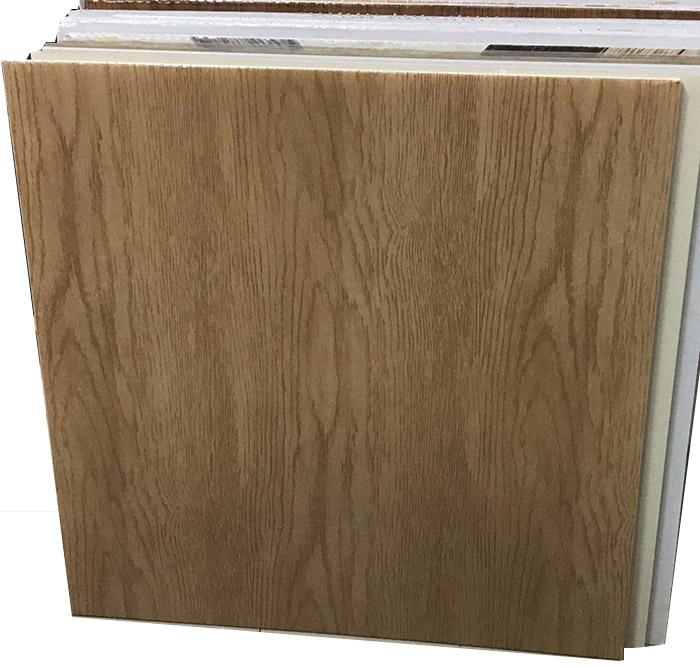Key characteristics and uses of PVC flooring
2023-10-18
PVC flooring, also known as vinyl flooring, is a popular and versatile flooring option that is made from polyvinyl chloride (PVC) and other additives. It is known for its durability, affordability, ease of maintenance, and a wide range of design options. PVC flooring is commonly used in both residential and commercial settings. Here are some key characteristics and uses of PVC flooring:
Characteristics of PVC Flooring:
1. Durability: PVC flooring is known for its resilience and ability to withstand heavy foot traffic, making it suitable for high-traffic areas in homes and commercial spaces.
2. Water Resistance: PVC flooring is highly resistant to water and moisture, making it a practical choice for areas prone to spills or moisture, such as kitchens and bathrooms.
3. Variety of Designs: PVC flooring is available in a wide range of designs, including wood-look, stone-look, and various patterns and colors. It can mimic the appearance of natural materials while offering the benefits of PVC.
4. Ease of Maintenance: It is relatively easy to clean and maintain. Regular sweeping or vacuuming, along with occasional damp mopping, is typically sufficient to keep PVC floors looking good.
5. Comfort: Many PVC flooring options come with built-in cushioning or underlayment, which can provide some degree of comfort underfoot.
6. Installation Options: PVC flooring can be installed using various methods, including glue-down, click-lock (floating), or peel-and-stick options, depending on the specific product and application.
Common Uses of PVC Flooring:
1. Residential Flooring: PVC flooring is commonly used in homes for various applications, including in kitchens, bathrooms, basements, and living spaces. It is often chosen for its affordability and resistance to wear and tear.
2. Commercial Flooring: In commercial settings, such as retail stores, offices, healthcare facilities, and schools, PVC flooring is favored due to its durability, ease of maintenance, and the ability to create a polished and professional appearance.
3. Hospitality Industry: Hotels, restaurants, and other hospitality businesses often use PVC flooring because of its versatility in design and its ability to withstand heavy use.
4. Industrial Spaces: Some industrial settings use specialized PVC flooring with added resistance to chemicals, impact, and abrasion.
5. Healthcare Facilities: In hospitals and clinics, PVC flooring is chosen for its hygienic properties, ease of cleaning, and resistance to moisture.
6. Sports Flooring: PVC flooring is used for sports courts, gymnasiums, and other athletic facilities. It can provide shock absorption and durability for various sports and activities.
7. Retail Spaces: Many retail establishments use PVC flooring because of its aesthetic appeal and ability to create a visually pleasing environment for customers.
It's important to note that there are different types of PVC flooring, including luxury vinyl plank (LVP), luxury vinyl tile (LVT), and sheet vinyl, each with its own installation requirements and characteristics. When selecting PVC flooring for a specific application, consider factors like the level of traffic, moisture exposure, and design preferences to choose the most suitable option. Proper installation and maintenance are key to ensuring the longevity and performance of PVC flooring.



